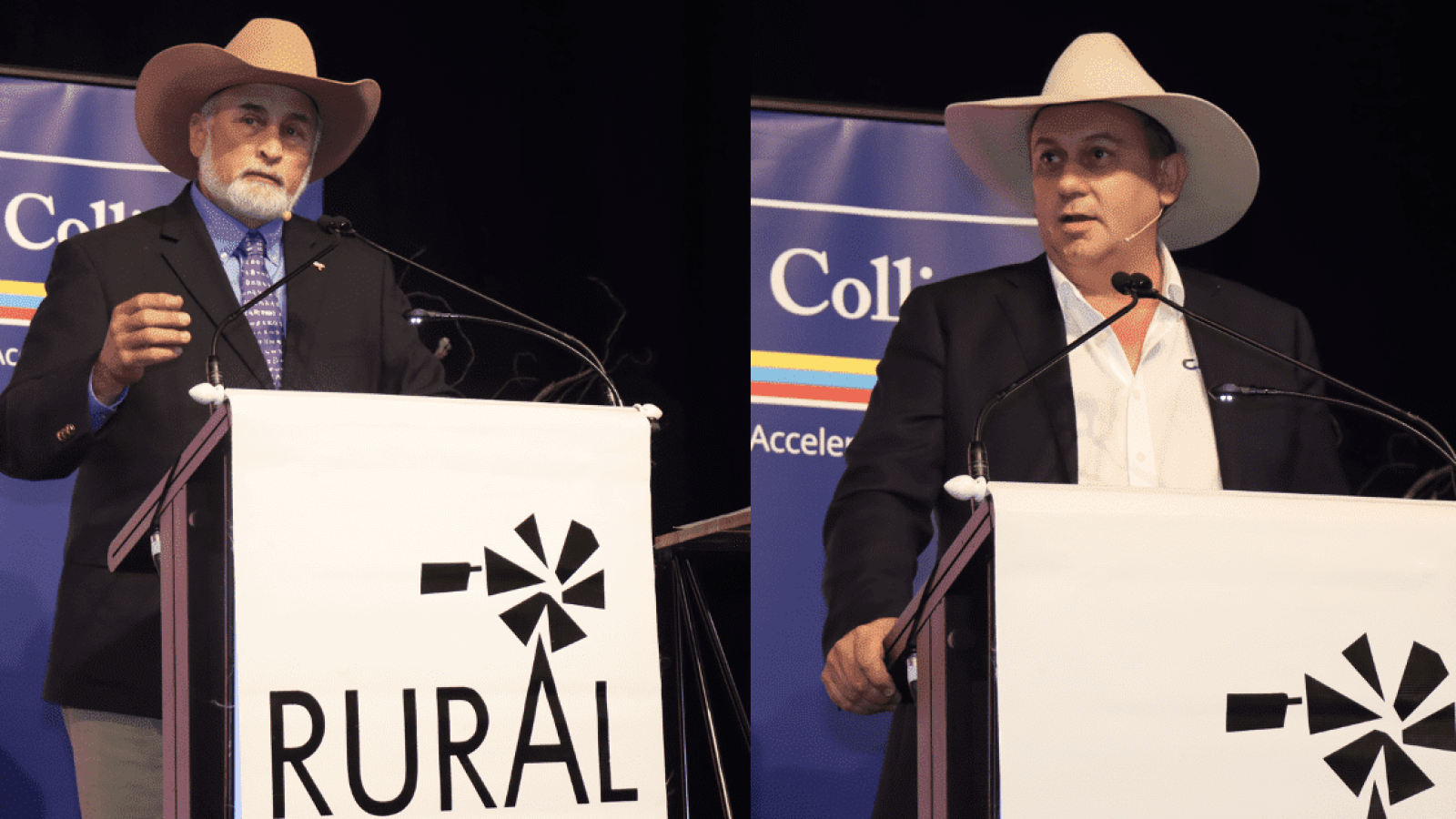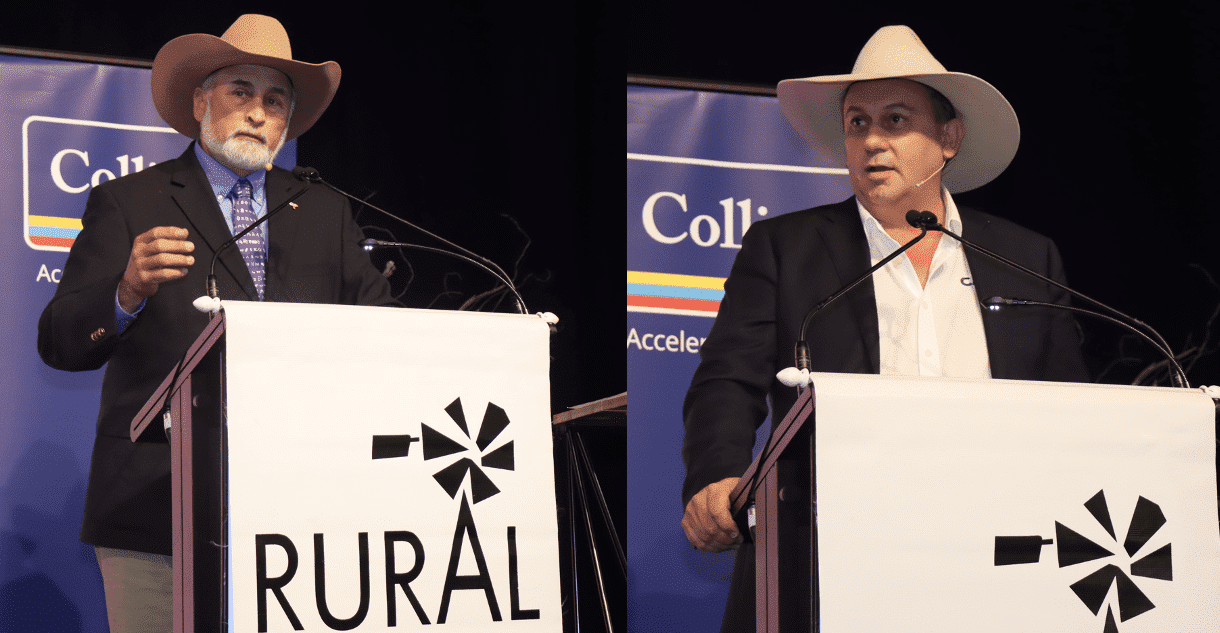WASHINGTON, D.C. – Two huge labor disputes, in the railways and at the ports, threaten to re-tangle supply chains in the U.S. And the White House is pushing to avert disaster, engaged at a level not seen in decades.
The freight railway serves nearly every agricultural, industrial, wholesale, retail and resource-based sector of the economy. Shutdown of the nation’s rail system could cost $2 billion a day, according to industry estimates.
This is the latest in a string of supply chain issues producers have been dealing with since the coronavirus pandemic
Over the weekend negotiations continued between the country’s largest freight railroad companies and the majority of the unions representing around 140,000 workers.
BNSF, CSX Transportation, Kansas City Southern, Norfolk Southern, Canadian National and Union Pacific have reached a tentative agreement with eight of the 12 workers’ unions. The group has been meeting with an emergency board the Biden administration created to arbitrate disputes over wages, health care and time off.
Five of the 12 unions, representing 21,000 employees, have reached voluntary agreements with the railroads.
Railroad companies have until Friday, September 15th to reach an agreement before a strike or slowdown happens.
If a strike happens, a report from the Association of American Railroad’s (AAR) policy and economics team — which uses historical data from the Federal Railroad Administration — states that the 140,000-mile network of rails across 49 states and 7,000 Class I trains would be idled, and the impact would cripple both the movement of trade and commuters.
Last week, a large group of agricultural organizations signed a letter to congressional leaders urging them to prevent a lockout or strike if the parties don’t reach an agreement.
There are not enough trucks or truck drivers to move the rail bound containers, according to the report, with an additional 467,000 long-haul trucks per day needed to handle the freight.












